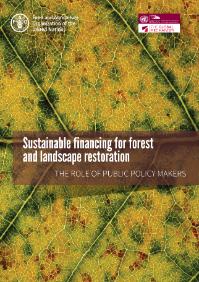Participatory Poverty Assessment II (2006)
This participatory poverty assessment (PPA 2006) comprises one component of ADB’s Technical Assistance to the Lao People’s Democratic Republic for Institutional Strengthening for Poverty Monitoring and Evaluation. The goal of this PPA, as with the first PPA in 2000, is to complement the statistical analyses of poverty in a meaningful way and to record the experiences and concerns of the poor in order to initiate and identify more effective forms of public and private actions to alleviate poverty.







